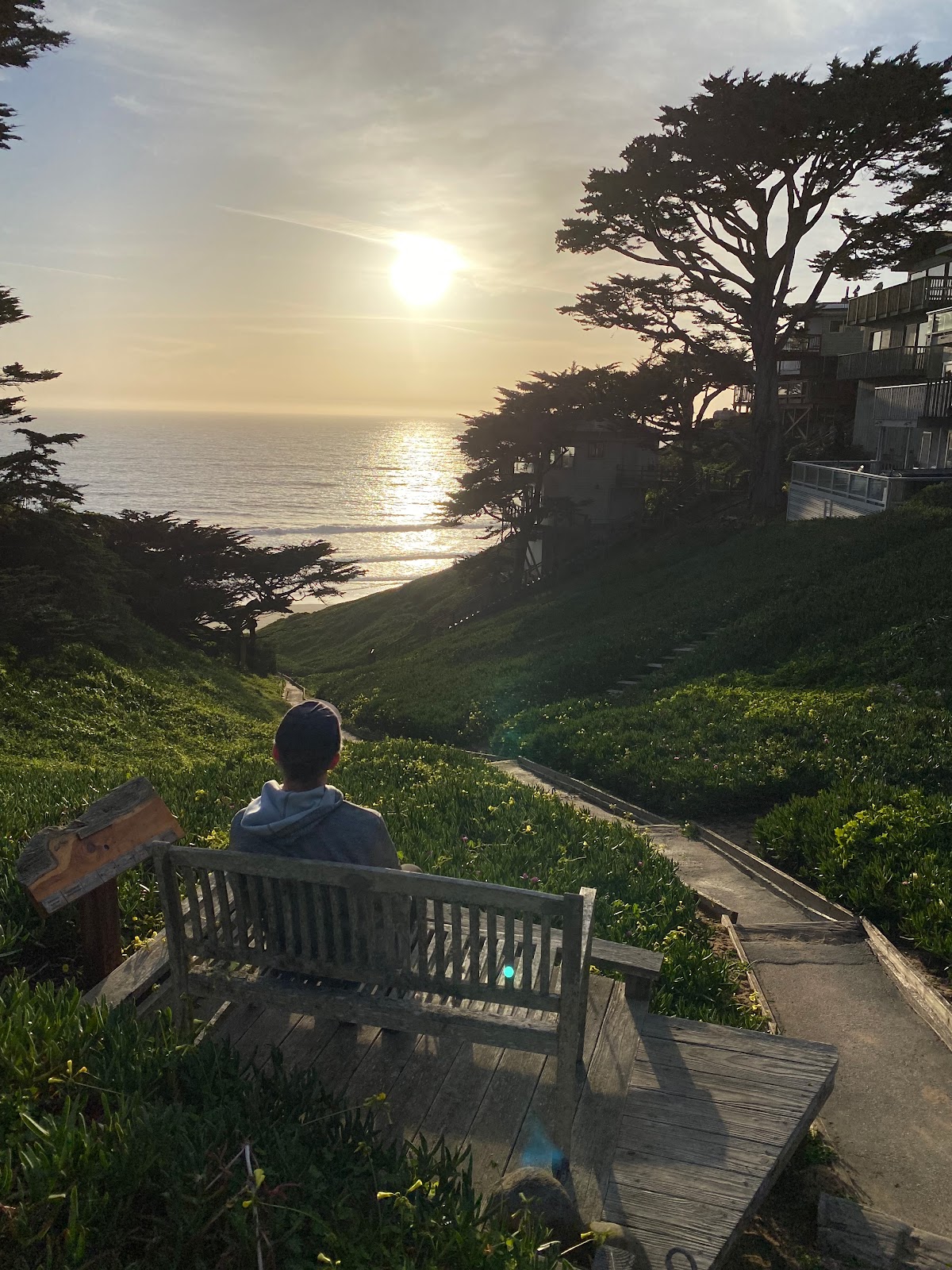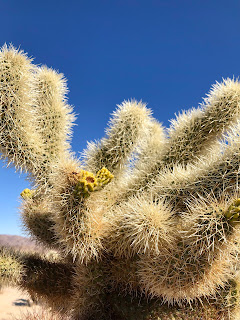A few weeks ago I was asked by the national ALS Association to take part in a day of lobbying congress to increase funding for ALS research. I was honored to be asked and believed I would have something to contribute.
Over the years I have participated in the annual lobbying event called White Coats On Call in Richmond, Virginia. It is a day to meet with our representatives. The day is sponsored by the local medical society and the American Academy of Pediatrics. We blanket the state capital in our white coats asking legislators to support policies that protect and promote child health in Virginia's Commonwealth. We encourage medical students and residents to join us to learn about how to use their role as a physician to advocate for change in their communities. Having the learners along has always been one of the best parts of the day.
So, when I was asked by the ALS Association to take part in the Fly-In for ALS, I assumed I knew the drill. Our job during the Fly-In would be to remind the Members about the Act4ALS legislation, to thank them for their vote, and then to make the ask for the bill's administration and appropriation. Appropriating funds for the legislation would mean millions of dollars in new funding for research that was desperately needed to better understand the etiology of ALS, and to keep a pipeline of new treatments coming forward for randomized clinical trials. I could do this. This was in my current skill set.
The surprise surfaced during the planning for the daylong event.
I would be paired with Matt Salomon who is the very dedicated, and experienced Associate Director of Advocacy for the ALS Association. After eight hours of legislative review and technical training for the virtual meetings, Matt and I met to review our plan. We would have a day of scheduled meetings with legislative staffers from the Virginia delegation. We would meet with each Senate office, and then move on to House members from our local districts, targeting people on the appropriations committee, if possible.
Matt had invited me to participate as an ALS Advocate. I came to understand that being the ALS Advocate means being "the guy with ALS".
My job would be to put the face on ALS. We would need to make ALS real, and that would be my role. I would have 5 minutes after "the ask" to make ALS real.
This would be my first public experience of being "the guy with ALS". This would also be my first experience of "the flip". I would move from being the expert doctor to the novice ALS patient.
I quickly realized that this particular day of lobbying would present a new challenge. How would I bring together two aspects of my identity: experienced physician-advocate, and novice ALS patient.
I thought a lot about my 5 minute pitch, representing ALS patients everywhere. What would make ALS real to a busy staffer? What would be memorable? What would create a zeal for ALS activism, above all else on her crammed agenda? What would make her want to leave our meeting and abruptly barge into the Senator’s office with earnest determination to make ALS research their top priority?
I decided on the mechanics of toothbrushing.
ALS emerged first in my left hand. I'm a proud left-hander from way back. My mom and my grandpap were leftys too. I love my left hand, even though it is failing me now. The progressive neuro-degeneration of ALS attacked me first in my favored left hand. This disease sucks, let's just say it.
Consequently, I have had to learn to brush my teeth with my right hand.
If you have never tried to brush your teeth with your non-dominant hand, go ahead and give it a try. Do it just for laughs, because it's ridiculous. I guarantee that you will hold the toothbrush steady against your front teeth and wag your head from side to side. It's actually hysterical. Try it.
Anyway, I thought I would lead with this funny story about trying to brush my teeth, and suggest they try it too, just for fun. Then I would follow with my zinger about how to create hope for patients and their families with ALS.
I would ask:
"How do you create hope in the face of a progressive neuro-degenerative disease that is universally fatal in 2-5 years, for which there is no real treatment?"
"Hope, I would say, comes with more research funding for treatment and discovery, just like the early days of HIV and Cystic Fibrosis. That's real hope, and it is within the power of the Member to achieve."
That should get their attention, right? That and the funny toothbrush story.
On the morning of the Fly-In, I was all set. I sat down in my study, in front of my laptop, like I had done dozens and dozens (maybe 100s) of times, for virtual meetings, many of which I led in my various leadership roles as a physician.
After brief introductions, Matt launched into our spiel, beginning, of course, with a level-setting paragraph that explains: "what is ALS".
As Matt began to describe the reality of ALS and its statistics, morbidity, and the paucity of treatment options, I felt my stomach begin to roil. I have been calling this sensation my "sour stomach". It's not exactly nausea, and not exactly pain. It's not just a nervous stomach or reflux. It's sour, and it roils, and this sensation started with ALS, and recurs when we are talking about the nitty gritty details of ALS. It's my ALS sour stomach.
As I sat there listening to Matt repeat the level-set of ALS, my sour stomach started build. It surprised me, because I hadn't experienced this sensation in weeks, but here it was again.
As Matt spoke, I had the surreal image of his words flowing out of my computer, into my body, to my stomach. His words were BECOMING my sour stomach.
Matt did a great job of summarizing the need for increased funding and for the appropriations to fund Act4ALS, and then he paused, and on queue, turned to me "virtually" and introduced "Jim, our Advocate for ALS" to say a few words about why the increased funding would be important to people with ALS.
I sat up and looked directly into the screen and thanked Senator Kaine's legislative health aide for the Senator's vote on Act4ALS. I also mentioned that I proudly display a Kaine bumper sticker on my 2006 Prius. She chuckled politely.
I proceeded as planned.
The toothbrush story fell flat, and my career as a stand-up comedian was in serious doubt.
I continued with my plea for hope. This, unfortunately, drew a grimace. Actually, it was more of a sad face. My presentation did not bode well for my wish to have her pronounce increased funding for ALS research as a top priority.
When I finished speaking, we abruptly moved on to the particulars of our "ask". This was followed by a round of polite thank you's for everyone taking the time for everyone else, and the meeting ended. Blink. Zoom session over.
Matt and I repeated this schtick 4 more times over the course of the day. The toothbrush story never worked. More accurately the story never made anyone chuckle. The "where is the hope for an ALS patient" seemed uniformly overwhelming to staffers. I was not feeling effective or useful as the ALS patient advocate.
Being a man of many talents, I decided to present myself differently during our last meeting of the day. When it came to my 5 minutes, I would take a palliative care approach, one that I have used many, many times to deliver bad news. There would be no icebreaker jokes. I would use a slower pace, and pause to allow the words to sink in. I would offer permission to feel uncomfortable with the news being delivered.
Lo and Behold: the palliative care approach worked much better. The legislative aide connected with me, and she therefore received a glimpse into the world of living with ALS.
At the end of the day, I felt grateful to have had the opportunity to lobby for ALS research, and I will do it again, and again, and again (actually I already have). I have plenty to learn about being an ALS advocate.
At the end of the day, I also had a sour stomach, which reminded me that ALS advocacy comes with a personal cost. There are probably things I can do to have greater agency as an advocate. I can certainly improve my communication skills. And I may never know what the audience takes away or thinks about after they have time to digest what I have said..
The sour stomach?
I’m thinking it’s pretty much going to be a part of the new drill.


















